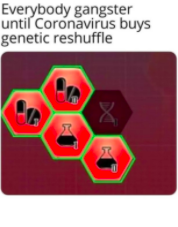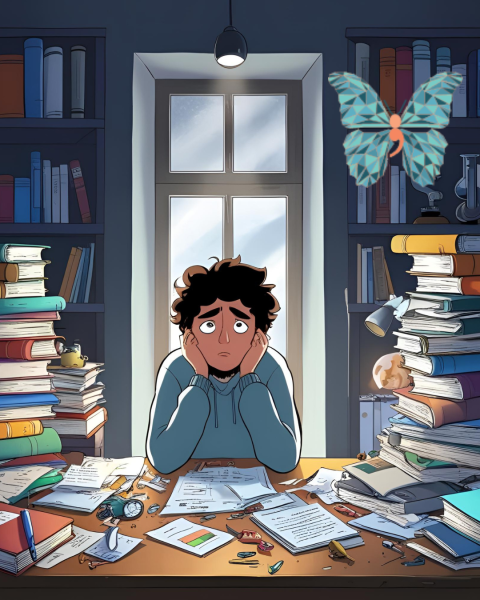What you need to know about the new Covid-19 variants
courtesy of Harvard Health Publishing. (Getty Images/iStockphoto)
It is really now the vaccines vs Covid-19 and its new variants. Only time will tell how this will be progressing.
What will these new Covid-19 strains look like in the future and will the Pfizer or Moderna vaccine still work?
The year 2020 started us off as normal and caught us off guard before we knew it. A year later, in 2021, we are now having to face the inevitable occurrence of the mutation phase. Scientists aren’t even surprised by this mutation. They know how normal it is for viruses to mutate just like the swine flu, MERS, SARS-CoV-2 and more.
For example, just look at the seasonal virus we have to get a vaccine for, influenza (flu). Scientists are continuously changing and accurately guessing what variant of the flu will be coming. They have years of knowledge and experience but it never is guaranteed due to the virus mutating. The dangerous Spanish flu mutation has been around since 1918; it is evident that within that time period, the virus would obviously mutate just like the Covid-19 virus.
How does a mutation happen? Mutation happens when a virus is starting to replicate itself, but there’s a part that replicates erroneously. That starts to hijack the healthy cells in the human body. While the virus is busy replicating, there will be a small mistake in the DNA. “These mistakes are what cause new variants,” senior lab adviser for the World Health Organization Frank Konings said. “Many of these changes have very little to no impact on the virus itself, and in fact, many of these changes are a dead end for the virus.”

One famous variant that has been taking over the news over the world is the United Kingdom’s B.1.1.7 mutation. Experts say that it could be 70 percent more contagious than the original. There are also more variants that are similar to the UK’s, B.1.1.7. These variants have conveniently been popping up in various countries like Brazil and India, and South Africa- which has just been found in Maryland recently. Just because it’s more contagious, does not automatically mean that the vaccine would do anything to stop it.
The reality is that we’re in charge of our future and the way we handle this virus is up to us to work together and protect each other by following the Center for Disease Control advice. Although there are already 315 cases with the B.1.1.7 variant already in the United States and four cases in Maryland, the way we approach this will determine how it will look like. But also keep in mind that we should have a positive outlook on this.
Your donation will support the student journalists of Watkins Mill High School. Your contribution will allow us to purchase equipment and cover our annual website hosting costs.
Isabella Luna is a junior at Watkins Mill High School and a Features Managing Editor for The Current. She is a part of ACES and Social Awareness Group....









